Argentina produces some of the most notable literary works on the continent. Take a look at the top 15 Argentine Authors to add to your must-read list.
Many literary experts regard Argentine literature as some of the most relevant works in the Spanish and English-speaking worlds. Argentine literature has produced many results that top the bestseller list, from short stories to science fiction novels.
The first Argentine novel was published shortly after the country was liberated from Spain in the mid-1800s. Since then, Argentine and other South American literature have continued to transform and evolve. Like many literary works from Latin America, Argentine literature is known for its magical realism, allowing the reader to envelop themselves in worlds that intertwine magic, fantasy, and real life.
Contents
- Popular Argentine Authors Ranked
- 1. Jorge Luis Borges
- 2. Julio Cortázar
- 3. Adolfo Bioy Casares
- 4. Samantha Schweblin
- 5. Silvina Ocampo
- 6. César Aira
- 7. Ernesto Sabato
- 8. Manuel Puig
- 9. Oliverio Girondo
- 10. Pola Oloixarac
- 11. Roberto Arlt
- 12. Silvina Bullrich
- 13. Jose Hernandez
- 14. Leopoldo Lugones
- 15. Tomás Eloy Martínez
- The Final Word On The 15 Best Argentine Authors
Popular Argentine Authors Ranked

Latin American literature varies widely, both in genre and regional style. Here, we’ll look at some of the most notable Argentine writers and how their stories have contributed to the literary world.
1. Jorge Luis Borges
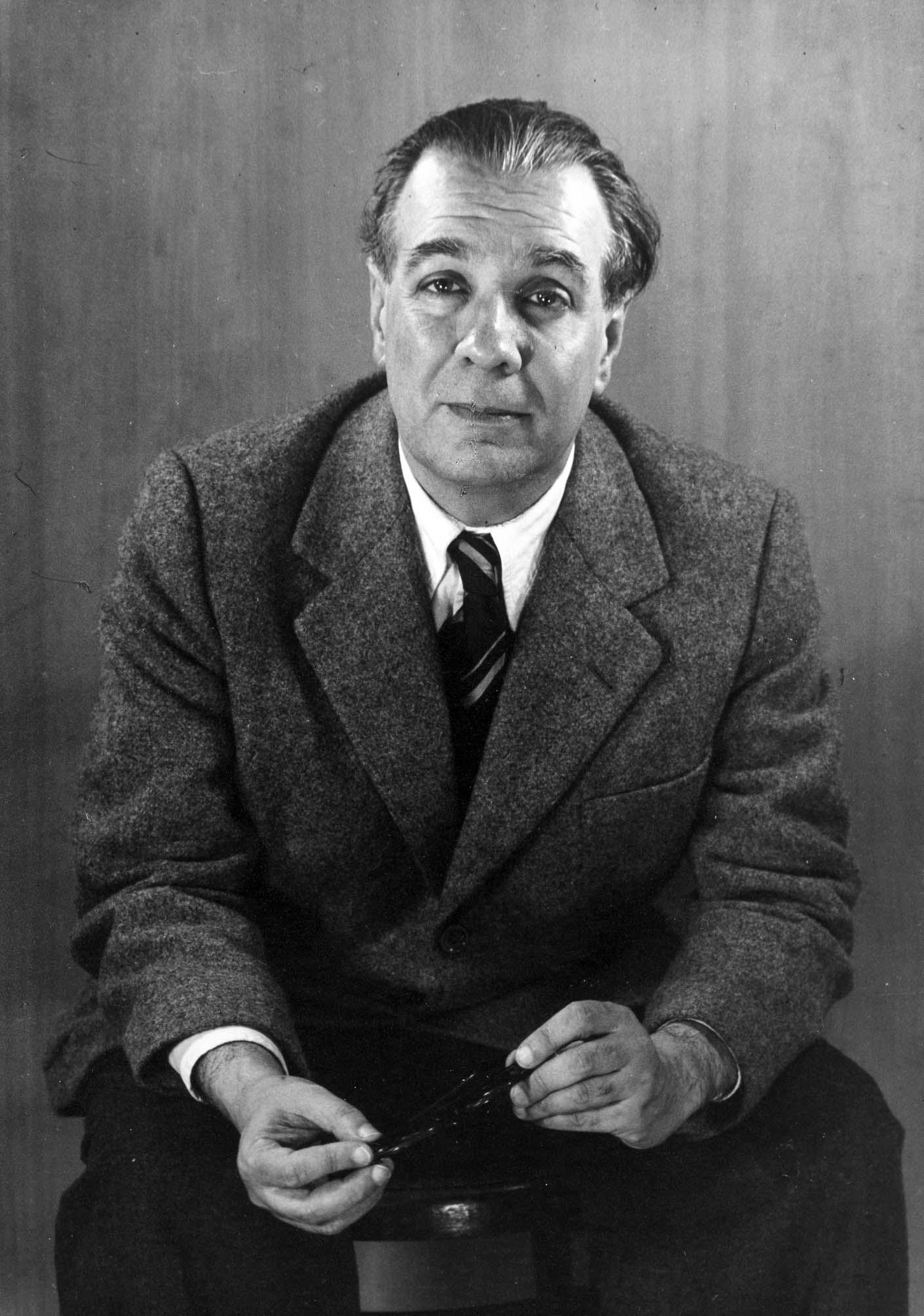
Jorge Luis Borges was a short story writer, essayist, poet, and Spanish-language translator. Born in Buenos Aires in 1899, Borges experienced a new post-revolution Argentina during his childhood. The author is best known for two novels: Ficciones and El Aleph.
Borges largely influenced the literary technique of magical realism, as much of his work focused on dreams, philosophy, labyrinths, mythology, and mirrors. The widely respected Argentine author is known for writing in a style that allows the reader to feel experience a fantastic world. While much of Borges’ work was universal, some of his work focused specifically on themes related to Argentine culture.
- Jorge Luis Borges (Author)
- English (Publication Language)
- 174 Pages - 02/01/1994 (Publication Date) - Grove Press (Publisher)
2. Julio Cortázar
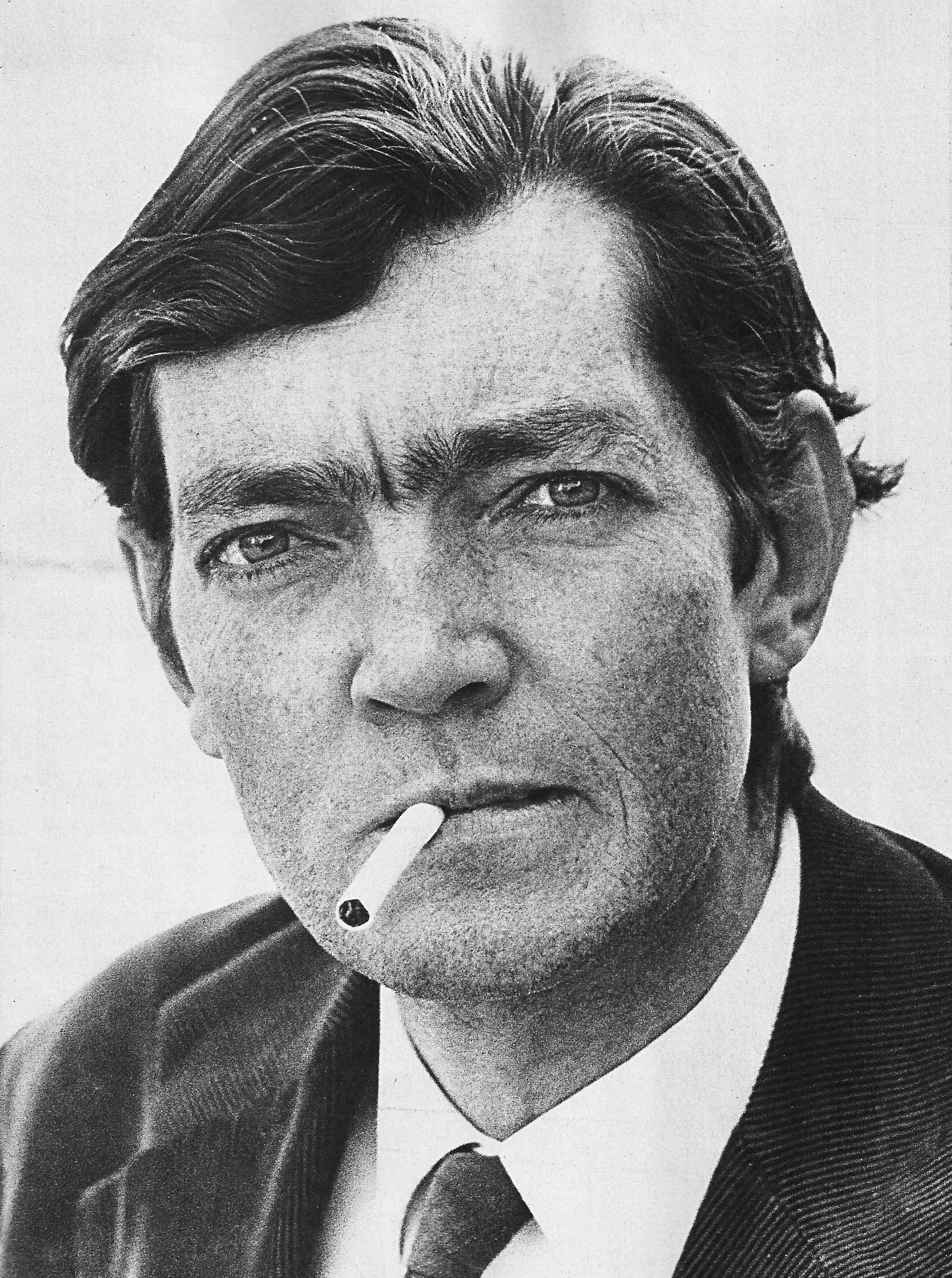
Cortázar is widely known for his contributions to the Latin American boom. The author influenced readers and writers alike across North America, South America, and Europe. Cortázar is considered one of the most influential authors of his time.
In addition to his literary works, Cortázar is known for his political activism, including speaking up for human rights in Latin America, supporting Fidel Castro, and supporting the Sandinista Revolution. Cortázar wrote several novels, including Hopscotch (1963) and Modelo para Armar (1968).
If you enjoyed our round-up of the best Argentine authors, we have many more articles on the best authors from around the globe. Why not check out our list of the best Chilean authors? Or use the search bar at the top right of the page to search for authors in a country or region you are interested in.
- Cortázar, Julio (Author)
- English (Publication Language)
- 576 Pages - 02/12/1987 (Publication Date) - Pantheon (Publisher)
3. Adolfo Bioy Casares
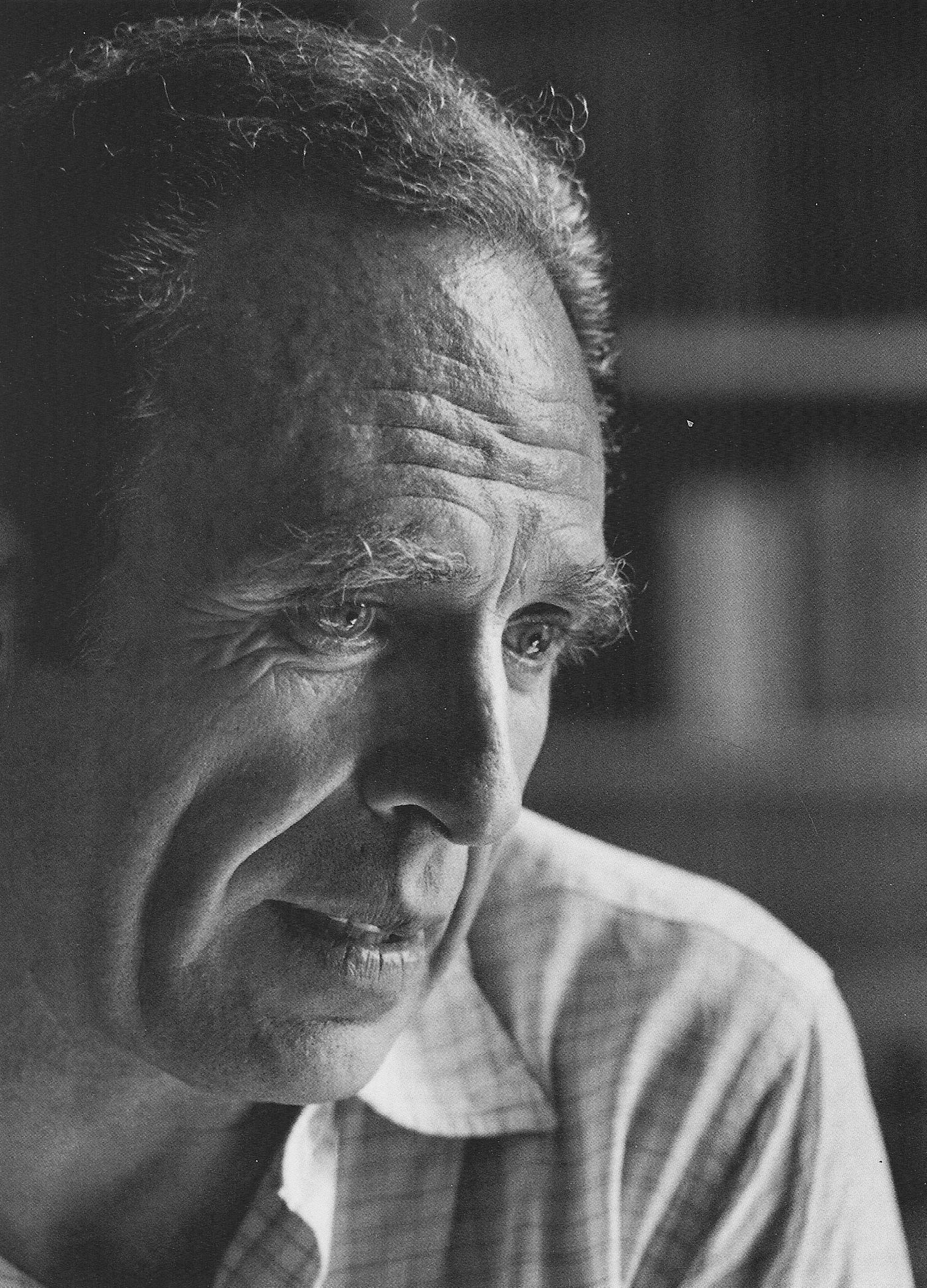
Casares was an Argentine fiction writer and translator. The author is well-known for his fantastical novel The Invention of Morel, published in 1940. Readers enjoy how Casares can make a nearly unbelievable world feel like reality through detailed description and attention to detail.
The Invention of Morel describes a world in which reality is questionable. Noted Latin American poet Octavio Paz called Morel “perfect.” The story was one of the inspirations behind the popular TV series Lost. Casares was married to Argentine author Silvina Ocampo.
- Adolfo Bioy Casares (Author)
- English (Publication Language)
- 103 Pages - 08/31/2003 (Publication Date) - NYRB Classics (Publisher)
4. Samantha Schweblin
Berlin-based Spanish-language author Samantha Schweblin was born in Buenos Aires. Schweblin has published several collections of short stories as well as a novel.
The author’s 2008 short story collection, Mouthful of Birds, won the Casa de las Americas award. Schewblin has won numerous other awards, including an award from Argentina’s National Endowment for the Arts for her first book, El núcleo del Disturbio. Schweblin is also gaining notoriety on the small screen, as her book Distancia de Rescate was made into a movie for Netflix in 2021.
- Schweblin, Samanta (Author)
- English (Publication Language)
- 240 Pages - 01/07/2020 (Publication Date) - Riverhead Books (Publisher)
5. Silvina Ocampo

Silvina Ocampo was an Argentine author and visual artist. Ocampo was married to Argentine author Adolfo Bioy Casares. Ocampo wrote 175 works of fiction throughout her career, where she was heavily influenced by Argentine culture, including The Dirty War of the 1970s.
The author published her first book of short stories in 1937, Viaje Olvidado. In 1942, she published her first book of poetry, entitled Enumeración de la Patria. Sadly, Ocampo developed Alzheimer’s disease in her later years. Still, she persevered and published two final works: 1987’s Y así sucesivamente and 1988’s Cornelia frente al espejo.
- Silvina Ocampo (Author)
- Spanish (Publication Language)
- 262 Pages - 07/28/2024 (Publication Date) - Lumen (Publisher)
6. César Aira

Buenos Aires-born author and translator César Aira has published over 100 works throughout his career, including short stories, essays, and novels. Aira is known for his fast-paced style of fiction writing, constantly keeping the reader wondering how he’s going to get himself out of literary corners.
Some of Aira’s best-known works include Ema la cautiva, l pequeño monje budista, and Las curas milagrosas del doctor Aira. The author has received several literary awards, including an America Award in 2016, the Manuel Rojas Ibero-American Narrative Award in 2016, and the Prix Formentor Award in 2021.
- AIRA (Author)
- Spanish (Publication Language)
- 07/28/2024 (Publication Date) - LITERATURA RANDOM HOUSE (Publisher)
7. Ernesto Sabato
Painter, physicist, and author Dr. Ernesto Sabato was a key influencer in Latin American literature. The multi-talented writer earned his Ph.D. in physics at the Universidad Nacional de La Plata, then went on to study in Paris at the Sorbonne, followed by work at the Curie Institute.
During his writing career, Sabato published three novels: El Túnel in 1948, Sobre héroes y tumbas in 1961, and Abaddón el exterminador in 1974. Sabato earned several awards for his writing, including the Prix du Meilleur Livre Étranger and the Miguel de Cervantes Prize.
- Sabato, Ernesto (Author)
- Spanish (Publication Language)
- 144 Pages - 07/26/2022 (Publication Date) - Planeta Publishing (Publisher)
8. Manuel Puig

Manuel Puig was a well-known Argentine author who wrote several books, including La traición de Rita Hayworth in 1968, Boquitas pintadas in 1969, and El beso de la mujer araña in 1976.
Puig was born in General Villegas, Argentina, later resided in Buenos Aires, and finally moved to Mexico. Much of Puig’s work was influenced by popular culture. Before working as a writer, Puig studied film, and much of his work in Hollywood and other cinematic hot spots around the world was reflected in his writing style.
- Puig, Manuel (Author)
- Spanish (Publication Language)
- 320 Pages - 11/28/2003 (Publication Date) - Seix Barral (Publisher)
9. Oliverio Girondo

Argentine poet Girondo was born into a wealthy family and experienced world travel at a young age. He studied in both England and Paris and is known as one of the pioneers of the ultraism movement. In addition to his work as a poet, Girondo also enjoyed painting in a surrealist style but never tried to sell any of his work.
Girondo was known for creating literary works that featured juxtapositions of cosmopolitan and straightforward life, pointing out the benefits and drawbacks of each option. Girondo’s most well-known poetry collections include Twenty Poems to Be Read on the Streetcar (1922) and Decalcomania (1925).
- Girondo Oliverio (Author)
- Spanish (Publication Language)
- 07/28/2024 (Publication Date) - (126).LOSADA (Publisher)
10. Pola Oloixarac

Dr. Pola Oloixarac is a writer and translator from Argentina. After studying philosophy at the University of Buenos Aires, Oloixarac went on to earn her Ph.D. at Stanford. Oloxiarac is best known for 2014’s Las teorías salvajes and 2015’s Las constelaciones oscuras.
Oloxiarac was invited to participate in the University of Iowa’s International Writer’s Workshop in 2010. In 2021, she was awarded the 2021 Eccles Centre & Hay Festival Writer’s Award. Her first novel has been translated into several languages, including Portuguese, French, Dutch, and English.
- OLOIXARAC (Author)
- Spanish (Publication Language)
- 07/28/2024 (Publication Date) - LITERATURA RANDOM HOUSE - ARGENTINA (Publisher)
11. Roberto Arlt

Argentine novelist, playwright, and inventor Roberto Arlt was born to immigrant parents in Buenos Aires. El Juguete Rabioso was the author’s first novel (written in 1926) was semi-autobiographical and told the story of a high school dropout who desperately wanted to make something of his life.
Today, Arlt is recognized as one of the most influential voices in Latin American literary culture. His storied characters and vivid storytelling provided a unique view of the hypocrisies and contradictions of day-to-day life.
- Hardcover Book
- Arlt, Roberto (Author)
- Spanish (Publication Language)
- 172 Pages - 01/01/2024 (Publication Date) - Linkgua Ediciones (Publisher)
12. Silvina Bullrich

Critic and academic Silvina Bullrich was a popular Argentine writer. She started writing literary reviews and eventually had a collection of poems published in Atlántida magazine.
Much of Bullrich’s work reflected her difficult life circumstances. Bullrich was divorced and lost both her father and sister shortly after the dissolution of her marriage. Bullrich’s female characters were often brought up in well-to-do situations, only to struggle when their worlds unraveled due to tough financial circumstances.
- Bullrich, Silvina (Author)
- English (Publication Language)
- 217 Pages - 07/27/1984 (Publication Date) - Emece (Publisher)
13. Jose Hernandez

Jose Hernandez was a 19th-century Argentine poet and journalist. Hernandez is best known for his epic poem Martín Fierro. Hernandez began the poem while he was in exile in Brazil.
In addition to his literary work, Hernandez also founded a newspaper, El Río de la Plata, which worked to further his political views on immigration, local autonomy, and the promotion of pastoralism. Hernandez was especially outspoken on his distaste for General Juan Manuel de Rosas, whom he publicly referred to as a tyrant.
- Hernández, José (Author)
- Spanish (Publication Language)
- 216 Pages - 02/23/2018 (Publication Date) - CreateSpace Independent Publishing Platform (Publisher)
14. Leopoldo Lugones
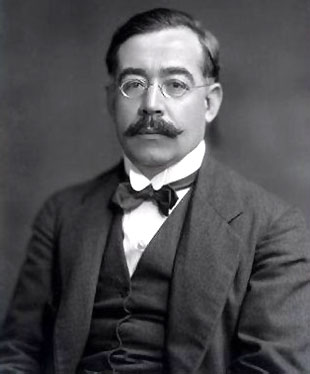
Leopoldo Lugones was a multi-talented Argentine author known as a translator, diplomat, journalist, biographer, and more. Lugones is considered one of the founders of Spanish-language poetry. His short stories are a predecessor to science fiction and fantastic literature now famous in Argentina.
Lugones got his literary start working for a local newspaper at a young age, as his talent was evident early on. Lugones is best known for La Guerra Gaucha, written in 1905.
- Hardcover Book
- LEOPOLDO LUGONES (Author)
- Spanish (Publication Language)
- 222 Pages - 10/30/2021 (Publication Date) - Independently published (Publisher)
15. Tomás Eloy Martínez
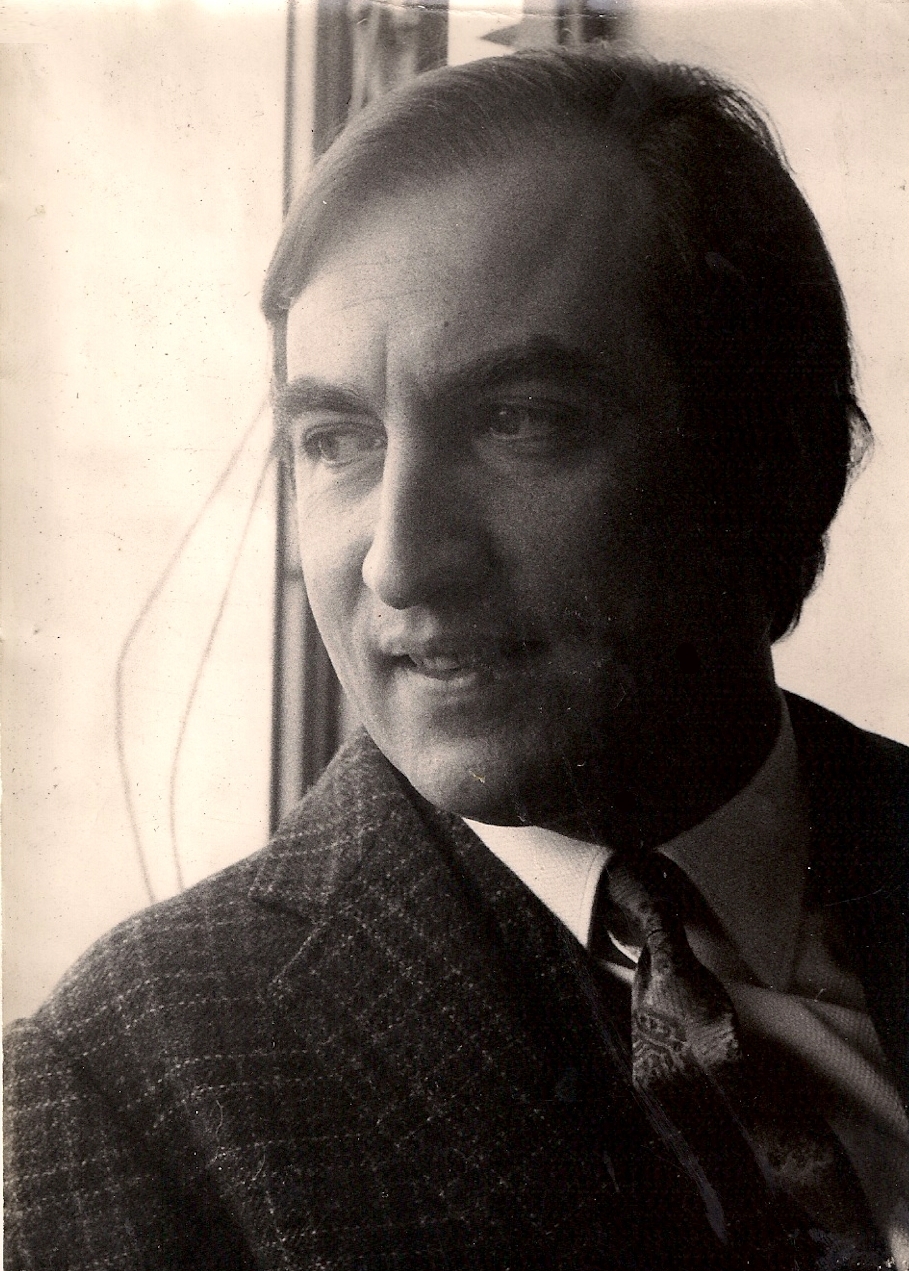
Argentine writer and journalist Tomás Eloy Martínez had a significant influence on literary culture in South America. He began as a film critic and later worked as a Parisian reporter.
Martínez interviewed the exiled former President of Argentina, Juan Domingo Perón, during his time as a reporter. Martínez used these interviews as the basis for two of his novels: La Novela de Perón and Santa Evita.
- MARTINEZ, TOMAS ELOY (Author)
- Spanish (Publication Language)
- 488 Pages - 07/28/2024 (Publication Date) - ALFAGUARA (Publisher)
The Final Word On The 15 Best Argentine Authors
It’s clear: from magical realism to ultraism, Argentine authors have stood at the forefront of literary trends for centuries. Next time you’re looking to push the boundaries of the mind and imagination, be sure to pick up one of the works listed above. Looking for other best authors from the nearby countries of Argentina? Check out our round-up of the best Brazilian authors.
FAQs On The Fifteen Best Argentine Authors
What Literary Works From Argentine Authors Are On The Horizon For 2022?
Keep an eye out for much-anticipated works by Argentine authors, including The Love Parade by Sergio Pito and Mona by Pola Oloixarac.
What Languages Are Spoken In Argentina?
While most people in Argentina speak Spanish, many Argentines also speak English, Portuguese, and Italian. The influence of each of these languages is clear throughout Argentina, and different accents can be noted in other areas of the country.